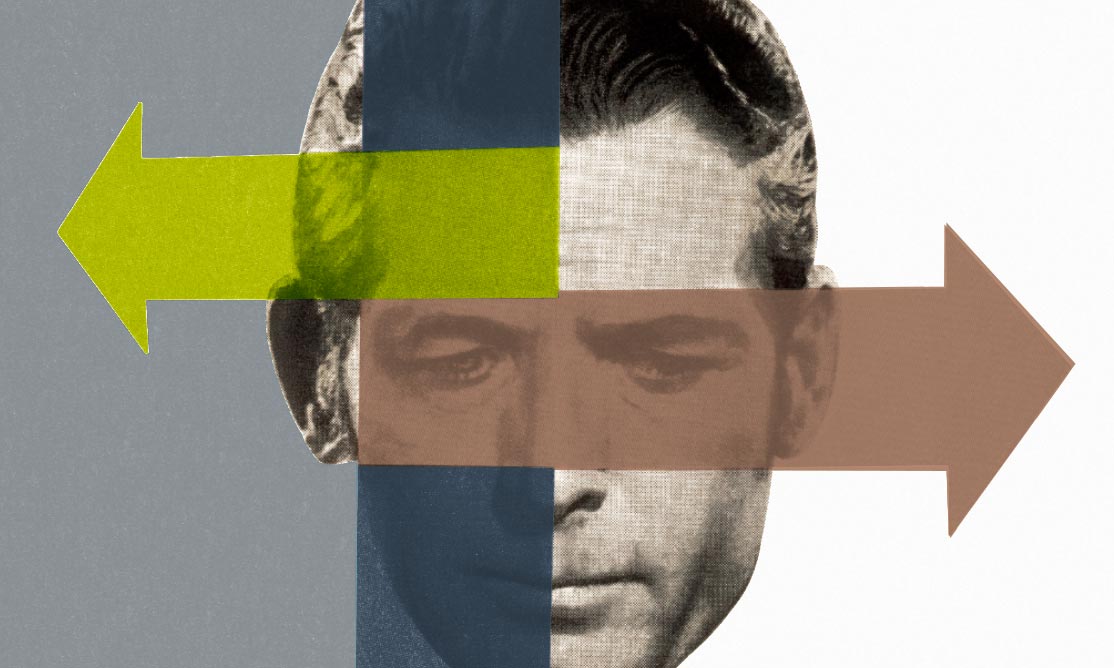A buyer’s mentality in this era is a stubborn and autocratic animal. So many students from areas both suburban and rural come to dental schools in their youth and enjoy the variety and energy of the city. They simply can’t imagine living elsewhere after their dental school days are done. While the market seems like common sense to most of us with more life experience under our belts, from a dental student’s perspective they want to know what it is that makes finding a successful urban practice so difficult. This question comes from a combination of what the student observes with relation to the city and a lack of market knowledge. They ask themselves: Why can’t I find a successful turn key practice and pay a reasonable rate for it? A city is a well populated area, and there are plenty of patients to go around, right? So what makes it so hard to find a perfectly manicured practice that I can step into with ease?
The answer is equally as tangled as the questions. For one thing, there are many, many dentists who have come before the newly minted practitioner who had the same hopes and dreams. The differences between those who stayed and those who went rural can be boiled down to two things. Dentists who stay are willing to put some work into practices that may not be cosmetically amazing or already flush with state of the art equipment and patients at capacity. Alternatively, dentists who stay are comfortable with the possibility that they may not collect quite as much as those who leave for greener pastures (rural practices). Why do I call rural practices greener pastures? For one thing, rural dental practices are cash cows. This can be attributed to one thing: patients. Most of the metropolitan practices we see collect on average around $500k/year as opposed to a rural practice, which collects in the neighborhood of $750k/year. Of those amounts, imagine how much you would like to take home and how much you would like to have to spend on marketing? In a rural practice, we see somewhere around 0.5% of overhead dedicated to marketing, while in a metro practice it’s somewhere around 3% on the lower end. Lower collections and higher expenses (for the post card of the week club of urban dentists who have to fight for patients) is the cross that the metropolitan dentist has to bear. Which brings us to the crux of the issue: is it necessary to live in the city to have the quality of life a new practitioner desires?
Consider for a moment your life as a calendar. Most of us have a similar schedule: we get up, we go to work, we come home or cheer on our kids at practice or work out at the gym, then we go to sleep and do it over again, for the week days at least. So will that change if you live in a city versus rural area? Most often the answer is “no.” Then you have to think about what attractions are in the city that make it so desirable. Most events, regardless of their audience, take place on the weekend. There are rural practices within an hour’s drive of the city that are one of only two to three choices for not only whatever burg they practice in but also the surrounding countryside. It doesn’t take much in a practice with that patient base to attract further notice from potential customers. Simply shopping at the in-town grocery store or signing your kids up for leagues in the area will bring further patronage to your practice. So before you assign yourself a “city goer for life” title, consider the many benefits and advantages of the rural practitioner.

